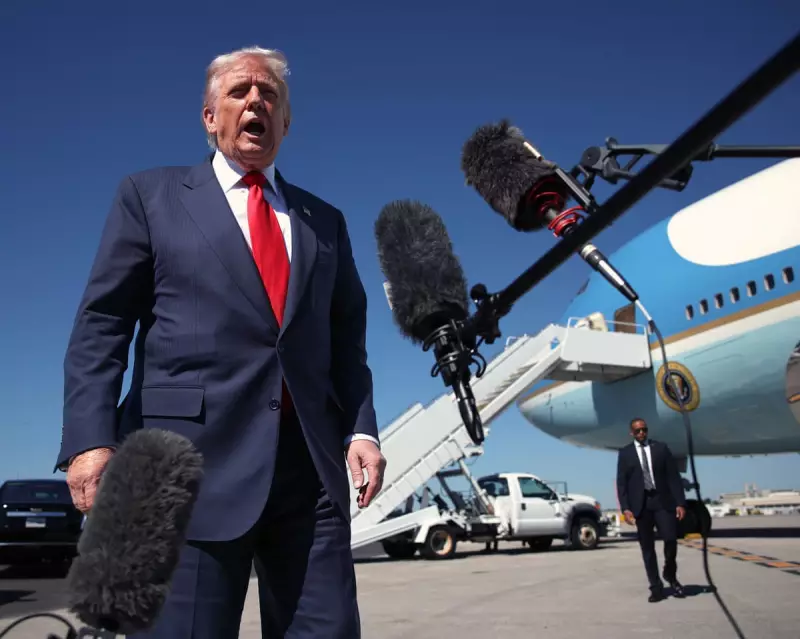
Washington is bracing for a political earthquake as Republican lawmakers, taking their cues from Donald Trump, deliberately steer the United States toward a partial government shutdown. The high-stakes manoeuvre represents their opening gambit should Trump reclaim the White House, using the threat of shuttering federal operations to force through one of his signature campaign promises.
The Border Wall Bargaining Chip
At the heart of the impending crisis lies a familiar battleground: immigration. Republican hardliners are refusing to support essential funding legislation unless it includes provisions to resurrect construction of the southern border wall. This strategy effectively holds the functioning of government hostage to Trump's immigration agenda.
House Speaker Mike Johnson finds himself walking a political tightrope. While he has publicly committed to avoiding a shutdown, he faces immense pressure from his party's right flank, where loyalty to Trump's vision often outweighs pragmatic governance.
A Preview of Trump's Second Term
Political analysts view this showdown as a chilling preview of how a potential second Trump administration might govern. The tactic demonstrates a willingness to leverage critical government operations to achieve policy goals that would otherwise struggle to pass through conventional legislative channels.
The consequences could be severe:
- Hundreds of thousands of federal employees could be furloughed or forced to work without pay
- Critical government services from national parks to passport processing would face disruption
- Economic stability would be threatened at a delicate moment for the US economy
Democrats Dig In for Fight
Across the political aisle, Democrats have condemned the Republican strategy as reckless and irresponsible. They argue that using a government shutdown as a bargaining tool sets a dangerous precedent that undermines the basic functioning of democracy.
With the deadline fast approaching, neither side appears willing to blink first. The standoff represents not just a battle over border policy, but a fundamental clash over how American government should operate—whether through compromise or confrontation.
As federal agencies begin preparing contingency plans, millions of Americans face the unsettling prospect of becoming collateral damage in a political war that could define the trajectory of American politics for years to come.





